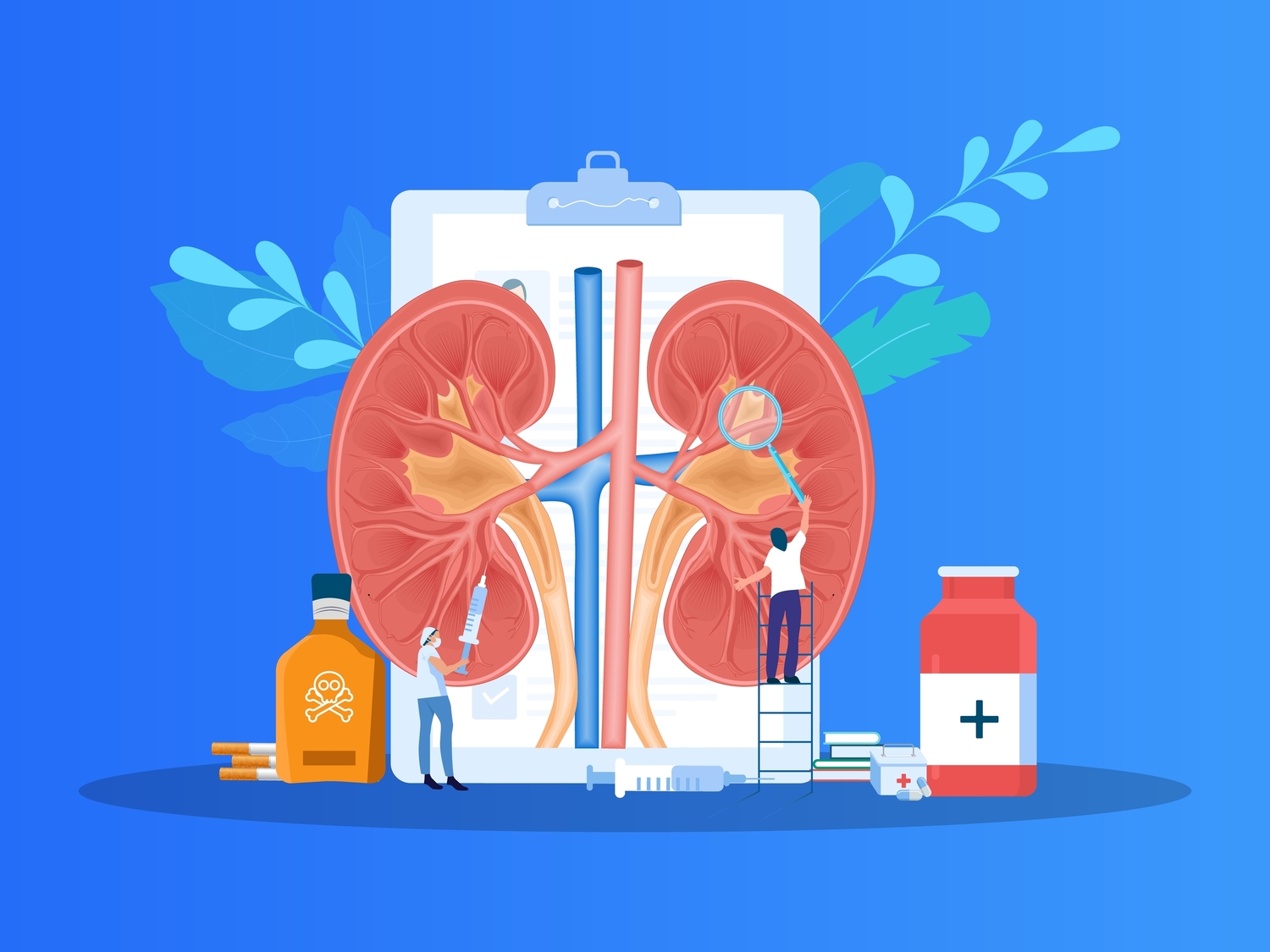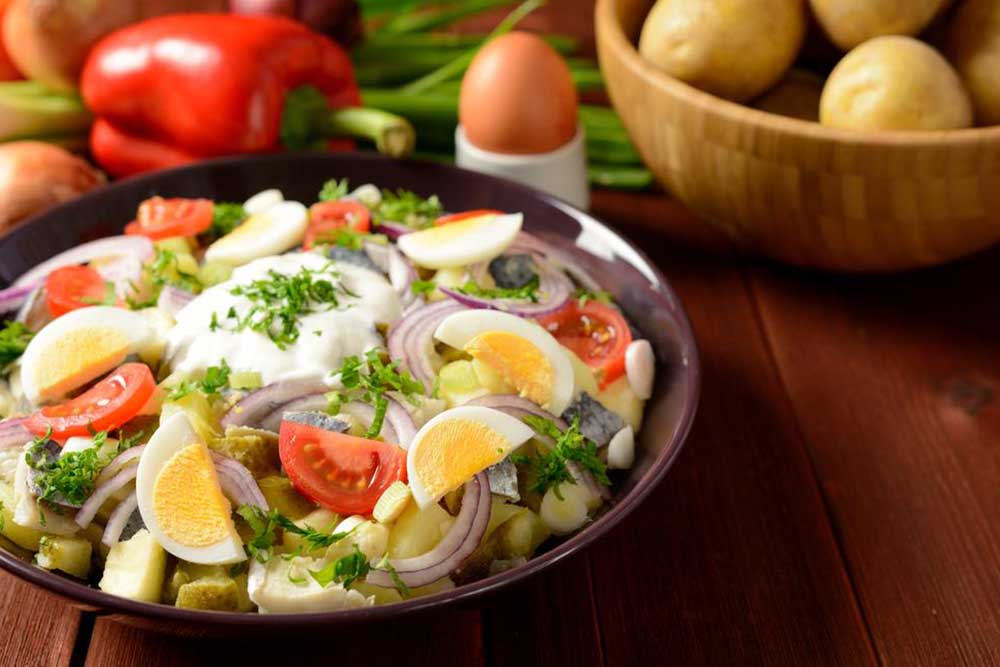Key Dietary Strategies to Support Kidney Function
This article offers essential dietary tips for supporting kidney health, emphasizing foods to limit and those to include for optimal organ function. It highlights the importance of personalized nutrition plans and consulting healthcare providers. Clear guidance on managing salt, protein, phosphorus, potassium, and fluid intake helps individuals with kidney issues make informed dietary choices to prevent disease progression and maintain overall wellness.

Nutritional Tips for Kidney Preservation
Chronic kidney conditions impair the organs’ ability to filter waste efficiently. Multiple factors influence kidney health, but diet plays a vital role in managing and preventing further decline. Proper nutritional choices can shield the kidneys and lower risks of complications like high blood pressure and diabetes.
Creating a customized diet plan for kidney health is essential. If you're on dialysis or have had a transplant, seek personalized advice from your healthcare provider.
Here are important dietary guidelines for those with kidney issues. Before making changes, identify foods and substances that can harm kidney function and adjust accordingly.
Foods to minimize or avoid:
Salt and Sodium: Limit salt intake by checking for sodium content on labels and reducing processed foods like snacks, cured meats, and canned items. Choose fresh meats and poultry instead of preserved options. Some low-sodium salts exist, but consult your doctor first, as they may contain high potassium.
Protein: Since damaged kidneys have trouble processing excess protein, moderation is key. Include high-quality sources like egg whites, fish, lean meats, nuts, oats, and legumes, following your doctor’s recommended amounts.
Phosphorus: Cut back on dairy, nuts, beans, whole grains, and carbonated beverages to prevent bone weakening and calcium loss caused by phosphorus buildup in the blood.
Potassium: Foods rich in potassium such as bananas, potatoes, tomatoes, melons, beans, and yogurt should be consumed carefully. Your healthcare provider can help set your safe potassium intake based on blood tests.
Fluid Intake: Fluid restrictions depend on your stage of kidney disease. Excess fluid can cause swelling and respiratory issues—always follow your doctor’s guidance on daily fluid consumption.
Foods to include in a kidney-supportive diet:
Apples: Nutritious and versatile, enjoy them raw, as juice, or cooked.
Strawberries: Packed with antioxidants and vitamin C, they can be eaten fresh, blended in smoothies, or added to cereals and desserts.
Cherries: Good for various health concerns, but high in potassium. Consume in moderation—raw, as sauces, or in smoothies and salads—after consulting your healthcare provider.
Egg whites: A high-quality, low-phosphorus protein option suitable for kidney patients. Use in omelets, snacks, or salads.
Cabbage: Low in potassium and rich in vitamins, it adds nutritional value to meals. Include in salads or stir-fries.
Ginger and Coriander: These spices enhance flavor and provide health benefits, making dishes tasty and kidney-friendly.
Walnuts: Rich in omega-3, zinc, and antioxidants, walnuts support heart and brain health when added to meals and snacks.
Note:
This guide aims to assist in maintaining kidney health through proper nutrition. Always consult healthcare professionals for tailored advice and interpretation of dietary choices. The information provided is for general informational purposes and may not reflect individual health conditions or the latest medical guidelines.


